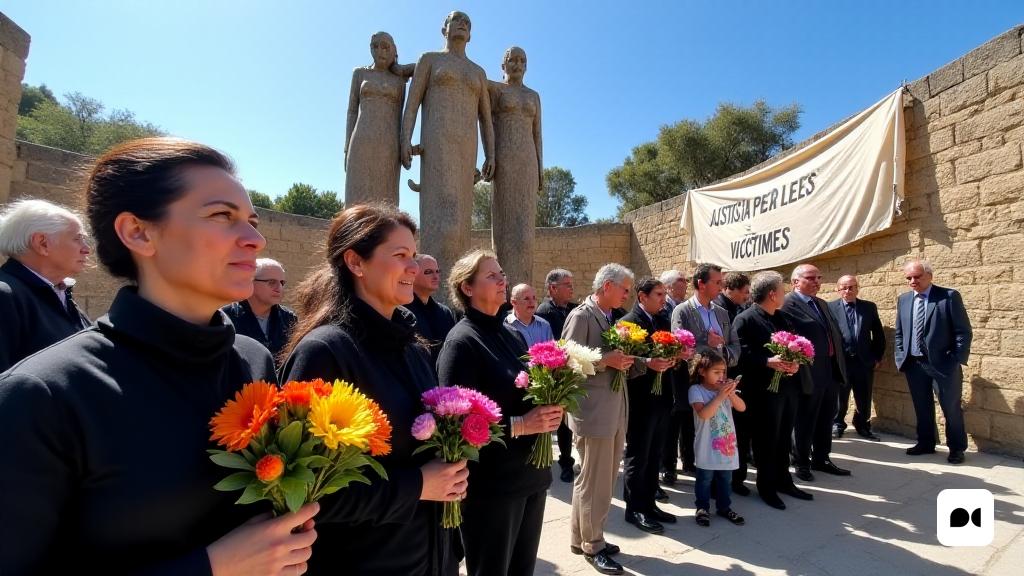Reopening the common grave: a collective desire
The Association of Victims of the Francoist Repression of Tarragona calls on the Government to reopen the third grave in the city, where it is believed that there are at least ten buried individuals. The Directorate General for Democratic Memory has confirmed that they are working to make this initiative a reality within a year.
A long and complex process
Montserrat Giné, president of the association, explained that the technical nature of the project has caused the process to be slower than expected, although significant advances have been made. Xavier Menéndez, General Director of Democratic Memory, said that logistical complications are one of the main obstacles, especially in terms of access with the necessary machinery to the neutral grave.
An emotional tribute to the victims
The recent tribute to the Tarragona cemetery has gathered relatives of the victims of the Civil War and the postwar period, who have dedicated a minute of silence to the memory of their loved ones. The event, full of emotion, has also included floral offerings in front of the ‘Dignity’ monument.
The need for historical memory
Attendees have expressed their determination to keep the historical memory alive, with the aim of vindicating justice for the victims of Franco’s repression. In Tarragona, four common pits have currently been identified and marked, with the third as a priority for the opening.
Elisa Cardona: a symbol of struggle
Within this context, the figure of Elisa Cardona Ollé, the only woman executed by the Franco regime in Tarragona, stands out. His nieces, Pilar and Montserrat Camarassa, believe that his death was an example of the repression of women during this period. Remember that Elisa was reported for her work in a hotel where chaplains were staying.
The claim of justice
More than eight decades after his death, Elisa’s family continues to fight for truth and justice. Pilar has stated that her aunt was a Turkish head of the regime, and that her execution symbolized a double execution, not only physical but also social, because of her status as a woman.
A future of historical reconstruction
With the reopening of the common grave as an imminent goal, the community hopes that this step will be a start to repair the wounds of the past. The struggle for memory and truth continues, in the hope that the stories of the victims will be finally recognized and honest.

